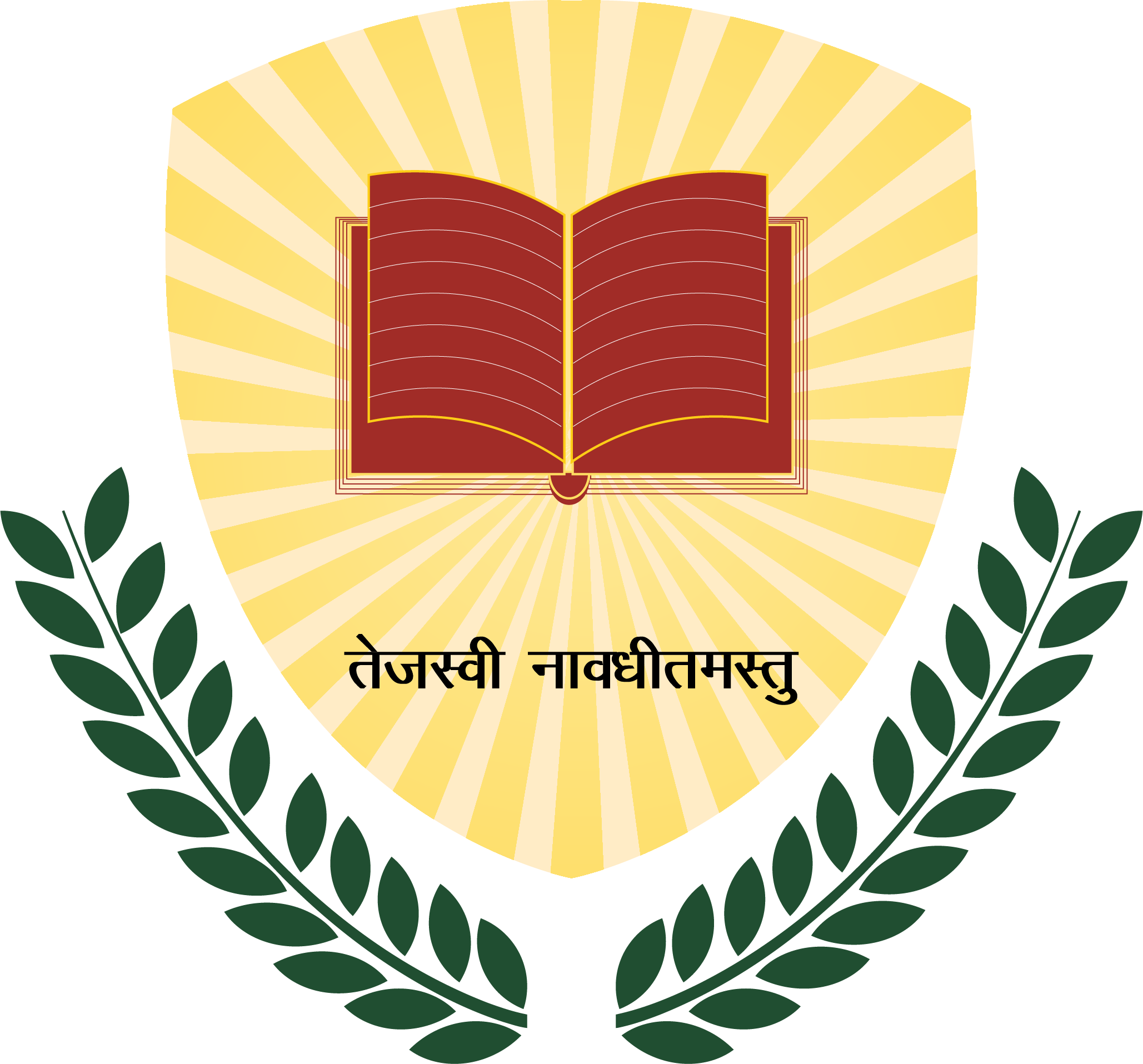Beginning
Extracurricular activities play a crucial role in enhancing the overall development of school students in India. While academics form the foundation of education, extracurriculars provide the practical experiences and soft skills that students need for holistic growth.
What are those Activities?
Here’s what the expert academicians of Ratan International School have identified an explained them how these activities benefit students:
1. Boosting Social Skills and Teamwork
Extracurricular activities such as sports, drama, and debate clubs encourage students to work together toward a common goal. Teamwork is essential in these settings, fostering communication and collaboration. Students learn to respect differing opinions, manage conflicts, and support each other, skills that are invaluable in the real world. These experiences help build strong interpersonal relationships, both in and out of school.
2. Developing Leadership Abilities
Participating in activities like student councils, sports teams, or organizing school events gives students a chance to take on leadership roles. They learn how to manage responsibilities, delegate tasks, and make decisions. Leadership opportunities foster confidence and the ability to guide and motivate peers. These skills are not only useful in academic settings but also in future career and personal endeavors.
3. Improving Time Management and Discipline
Balancing academics with extracurricular activities teaches students how to manage their time effectively. Students involved in multiple activities must learn to prioritize their tasks and work efficiently to meet deadlines. This helps them develop discipline and a sense of responsibility, which can improve their performance in both academics and personal life.
4. Enhancing Creativity and Critical Thinking
Extracurricular activities such as art, music, dance, or creative writing allow students to express themselves and think outside the box. These creative outlets foster innovation and problem-solving abilities. Students are encouraged to explore new ideas, experiment with different approaches, and think critically about challenges. Creativity nurtured in these activities can also lead to academic success, as students bring fresh perspectives to their studies.
5. Building Confidence and Self-Esteem
Extracurricular activities provide a platform for students to showcase their talents and passions. Whether it’s excelling in a sport, performing on stage, or winning a quiz competition, these successes build self-confidence. Overcoming challenges in these areas helps students believe in their abilities and develop a positive self-image. This confidence translates into other aspects of their life, helping them face academic and personal challenges with greater resilience.
6. Promoting Physical and Mental Health
Activities like sports, yoga, and outdoor games contribute significantly to the physical and mental well-being of students. Physical activities help reduce stress, improve focus, and enhance overall fitness. Engaging in such activities provides students with a much-needed break from the pressures of academics, promoting a balanced lifestyle. Mentally, extracurricular activities help students relax and unwind, contributing to a healthier, happier mind.
7. Exploring Interests and Career Paths
Extra-curriculars give students the opportunity to explore different fields and interests. Whether it’s joining a science club, coding group, or art class, students can discover passions they may not have encountered through traditional academics. These activities also provide early exposure to potential career paths. For instance, a student involved in a school’s business club might develop an interest in entrepreneurship, while participation in debates can spark a passion for law or public speaking.
8. Encouraging Community Engagement and Responsibility
Many extracurricular programs involve community service and social initiatives, teaching students the importance of giving back to society. This fosters a sense of civic responsibility and empathy toward others. Activities like volunteering for local causes or organizing charity events instill values of generosity and social awareness, shaping students into responsible citizens.
Conclusion
In India, where academic competition is fierce, extracurricular activities provide a vital outlet for students to explore their interests, build essential life skills, and develop into well-rounded individuals. Schools that promote a balance between academics and extracurriculars help students succeed not only in exams but in life as well. These activities serve as a foundation for personal growth, creativity, leadership, and social development, equipping students with the skills they need to navigate the complexities of the modern world.



